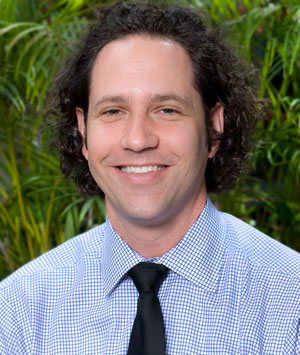COPH to assess long-term outcome of teen pregnancy prevention program
The USF College of Public Health is a key player in one of 75 competitive federal grants recently awarded across the country to replicate programs proven to lower the pregnancy rate of participants — including programs that focus on more than sex education or abstinence to combat teen pregnancy.
The College will work with the Florida Department of Health, which received the $3.56-million grant in September from the Department of Health and Human Services Office of Adolescent Health. A USF public health team will conduct a five-year, $2.5 million evaluation of a randomized, controlled trial of the Teen Outreach Program (TOP). The project will involve ninth-graders in almost 100 high schools across 26 non-metropolitan Florida counties.
TOP spends less than 15 percent of its curriculum on sexuality, including a brief introduction to pregnancy and sexually transmitted diseases. Instead, the nine-month, school-based program emphasizes developing a positive self-image, life-management skills and setting achievable goals. TOP features a volunteer community service experience as well as a classroom component with facilitated discussion on topics ranging from family conflict to coping with social pressures.
The theory behind TOP is that encouraging teens to address problems in their communities and help others builds a sense of self-worth and enhances problem-solving and leadership skills – which may lead to better decision-making overall and less risky behavior. Data from a previous national, but limited, evaluation indicates the program has resulted in statistically significant reductions in teen pregnancy and school failure.

Eric Buhi, PhD, will lead the evaluation
of the Teen Outreach Program trial.
“Evidence has shown that, in general, young people who volunteer and engage with the community tend to be protected from risky behaviors and have better educational aspirations,” said Eric Buhi, PhD, USF principal investigator for the grant.
“The question remains whether these positive youth development activities lead to prevention of teen pregnancy and more kids staying in school down the road,” said Dr. Buhi, assistant professor of Community and Family Health, College of Public Health. “At the end of this five-year project we’ll have the rigorous, longitudinal data to be able to draw conclusions about the long-term impact of TOP.”
“Teen pregnancy is a serious national problem and we need to use the best science of what works to address it,” said HHS Secretary Kathleen Sebelius, in announcing the grant awards. “This investment will help bring evidence-based initiatives to more communities across the country while also testing new approaches so we can expand our toolkit of effective interventions.”
USF will work with the Florida Department of Health to help design the TOP trial and pilot the intervention. The program implementation by DOH and USF’s initial evaluation are expected to begin in fall 2011. The USF researchers will assess the effects of TOP on participants, compared to demographically similar nonparticipants, as much as three years after the program’s initial implementation. They will measure such outcomes as rates of teen pregnancy, sexually transmitted diseases, school suspensions, failures and drop outs.
Co-investigators with Dr. Buhi on the evaluation component of the grant are Rita Debate, PhD; Kay Perrin, PhD; Ellen Daley, PhD; and Stephanie Marhefka, PhD, all of the Department of Community and Family Health, and Wei Wang, PhD, of the Department of Epidemiology and Biostatistics.
Florida ranks poorly on most adolescent health and education indicators. Among other U.S. states, Florida ranks 28th in teen (15 to 19 years) live birth rates; 43rd in teen syphilis rates; 49th in teen HIV/AIDs rates; and 49th in public school graduation rates.
– Story by Anne DeLotto Baier, USF Health Communications

